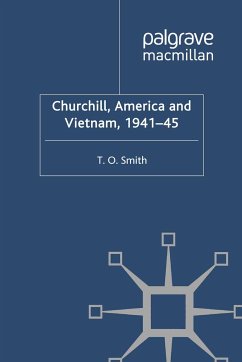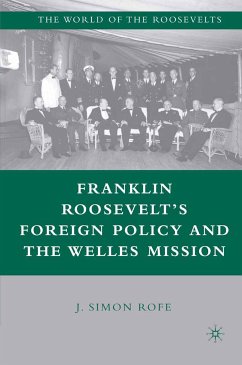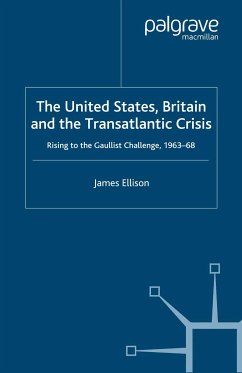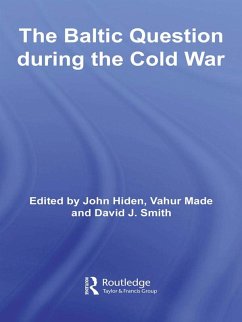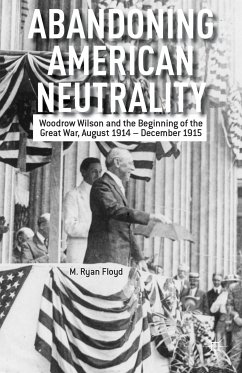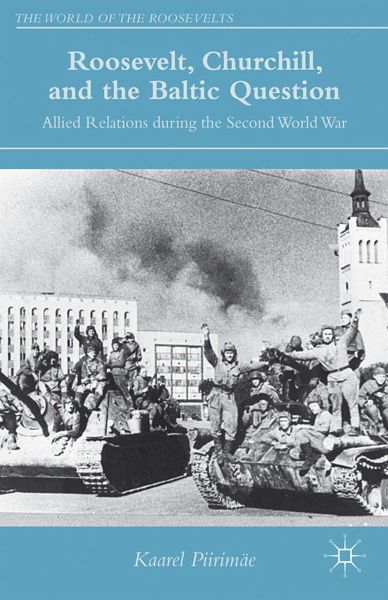
Roosevelt, Churchill, and the Baltic Question (eBook, PDF)
Allied Relations during the Second World War
Versandkostenfrei!
Sofort per Download lieferbar
40,95 €
inkl. MwSt.
Weitere Ausgaben:

PAYBACK Punkte
20 °P sammeln!
In 1940, the USSR occupied and annexed Estonia, Latvia, and Lithuania, leading to calls by many that the Soviets had violated international law. This book examines British, US, and Soviet policies toward the Baltic states, placing the true significance of the Baltic question in its proper geopolitical context.
Dieser Download kann aus rechtlichen Gründen nur mit Rechnungsadresse in A, B, BG, CY, CZ, D, DK, EW, E, FIN, F, GR, HR, H, IRL, I, LT, L, LR, M, NL, PL, P, R, S, SLO, SK ausgeliefert werden.





